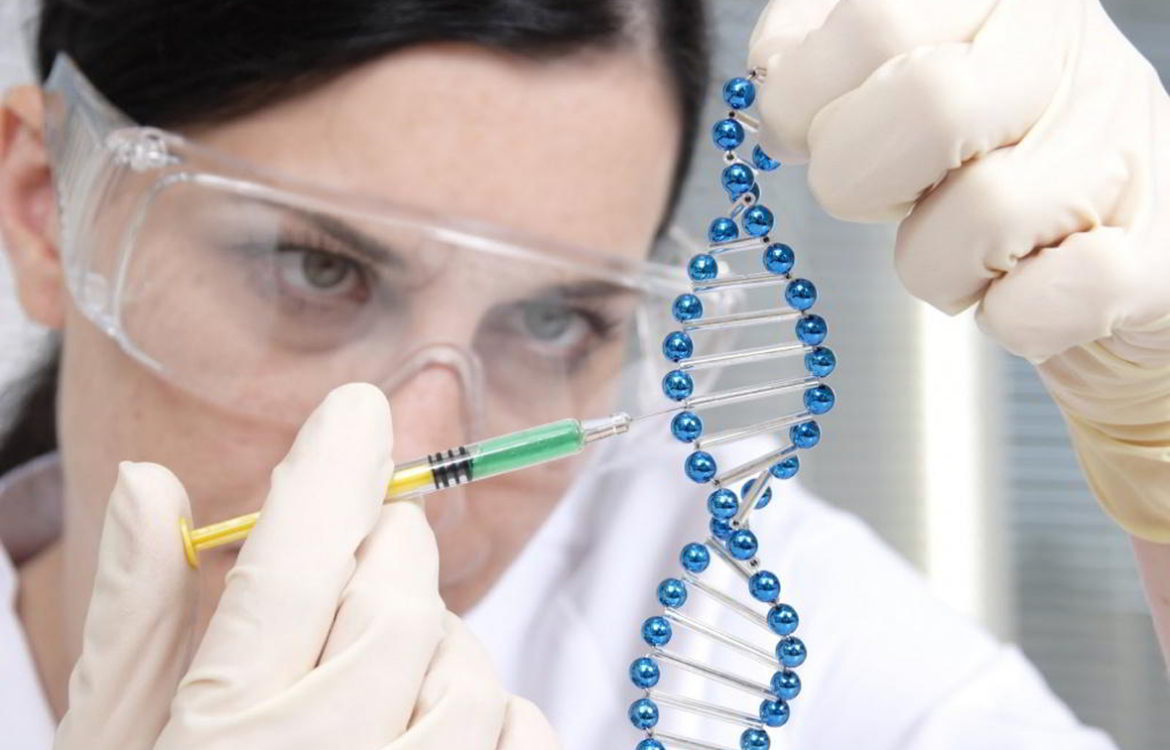For many years, genetics was seen as a fixed blueprint — a predetermined code dictating health, traits, and disease risk. However, the emerging science of epigenetics has revolutionised this view, showing that while our DNA sequence remains unchanged, our lifestyle choices can influence how genes are expressed, potentially affecting not only ourselves but future generations. In the UK, where lifestyle-related conditions such as obesity, diabetes, and heart disease pose significant health challenges, understanding epigenetics offers hope for personalised health strategies and preventive care.
Advertising
What Is Epigenetics?
Epigenetics refers to changes in gene expression caused by mechanisms other than alterations in the underlying DNA sequence. These changes can switch genes “on” or “off,” affecting how cells read genes and produce proteins. Common epigenetic mechanisms include DNA methylation, histone modification, and non-coding RNA interference.
Importantly, epigenetic modifications are dynamic and can be influenced by environmental factors such as diet, stress, pollution, and physical activity.
The Science Behind Lifestyle and Gene Expression
Research has shown that factors like nutrition, smoking, alcohol consumption, and exposure to toxins can alter epigenetic markers. For example, a diet rich in folate, vitamins B6 and B12 supports proper DNA methylation, which can regulate genes involved in cell growth and repair.
Conversely, chronic stress or poor diet may lead to harmful epigenetic changes linked to inflammation, metabolic disorders, and mental health conditions.
Epigenetics and Heredity: Beyond DNA
One of the most remarkable findings in epigenetics is the possibility of transgenerational inheritance — where epigenetic changes caused by one generation’s lifestyle might be passed down to descendants. Studies in animals and emerging human research suggest that factors such as maternal diet, smoking, and exposure to environmental pollutants during pregnancy can influence a child’s health outcomes through epigenetic mechanisms.
For UK families, this means that healthy lifestyle choices are not only beneficial individually but could positively impact future generations.
Lifestyle Factors Impacting Epigenetics
1. Nutrition
Balanced diets rich in fruits, vegetables, whole grains, and healthy fats provide nutrients essential for maintaining healthy epigenetic marks. The traditional Mediterranean diet, gaining popularity in the UK, is an example of a diet linked to favourable epigenetic profiles and reduced risk of chronic disease.
2. Physical Activity
Regular exercise influences gene expression related to metabolism, inflammation, and brain function. Studies show that active individuals tend to have epigenetic patterns associated with improved cardiovascular health and longevity.
3. Stress Management
Chronic psychological stress can lead to epigenetic alterations affecting immune function and mental health. Mindfulness, meditation, and social support can mitigate these effects.
4. Avoiding Harmful Substances
Smoking and excessive alcohol intake cause detrimental epigenetic changes linked to cancer, liver disease, and other illnesses. The UK’s public health campaigns targeting smoking cessation have profound implications for epigenetic health.

